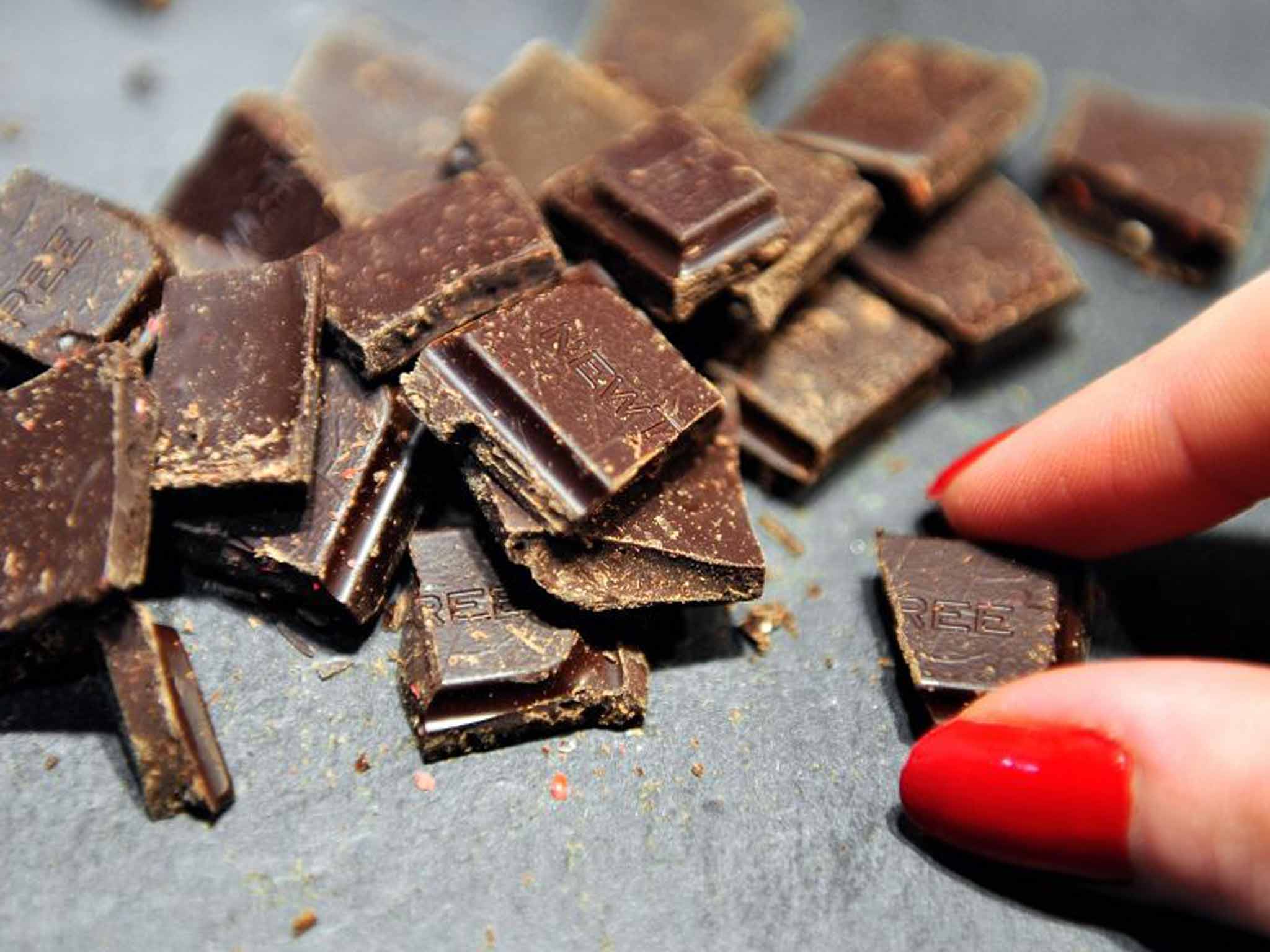Scientists discover way to give milk chocolate the same beneficial properties as dark chocolate
Peanut skins hold key in altering the nutritional benefits of the confectionery

Scientists have found a way to give milk chocolate the nutritional benefits of dark chocolate without affecting the taste.
Adding phenolic compounds from peanut skins to milk chocolate gives it the same antioxidant property of dark chocolate, according to researchers from North Carolina State University.
The compounds were made into a sweet edible powder, which was then incorporated into milk chocolate, to alter the health benefits of the product.
A total of 80 people were given samples of milk chocolate with the peanut skin extract and normal milk chocolate and results showed they were liked an equal amount, the authors posted in the Journal of Food Science.
The tests showed that the amount of peanut skin added to the chocolate did not affect the taste enough for people to realise the difference.
"If applied to commercial products, peanut skin extracts would allow consumers to enjoy mild tasting products and have exposure to compounds that have proven health benefits," lead author Lisa Dean told EurekAlert.
As peanut skins are a by-product of the peanut industry, the authors are hoping their work will provide a purpose for an otherwise discarded product.
Join our commenting forum
Join thought-provoking conversations, follow other Independent readers and see their replies
11Comments